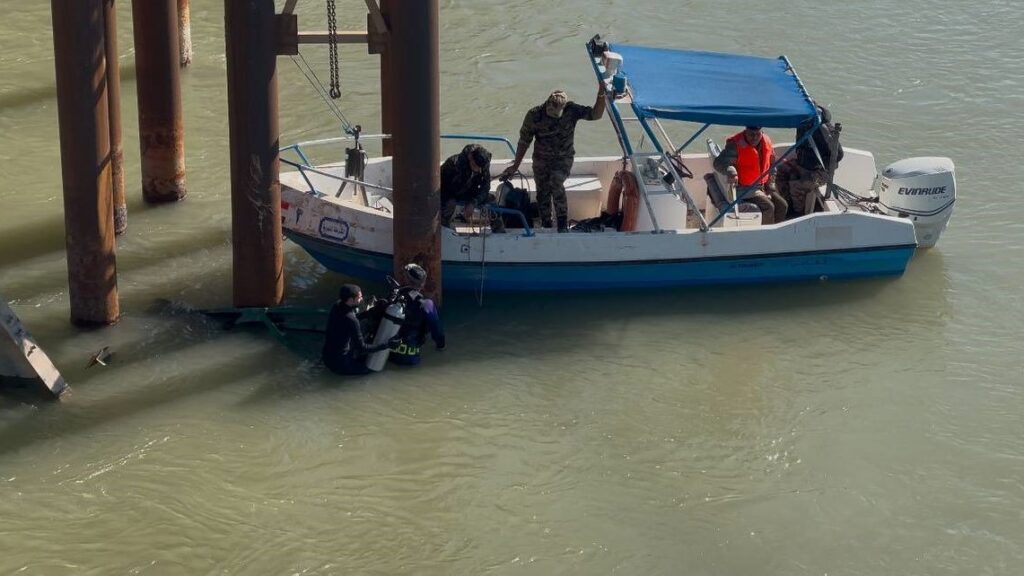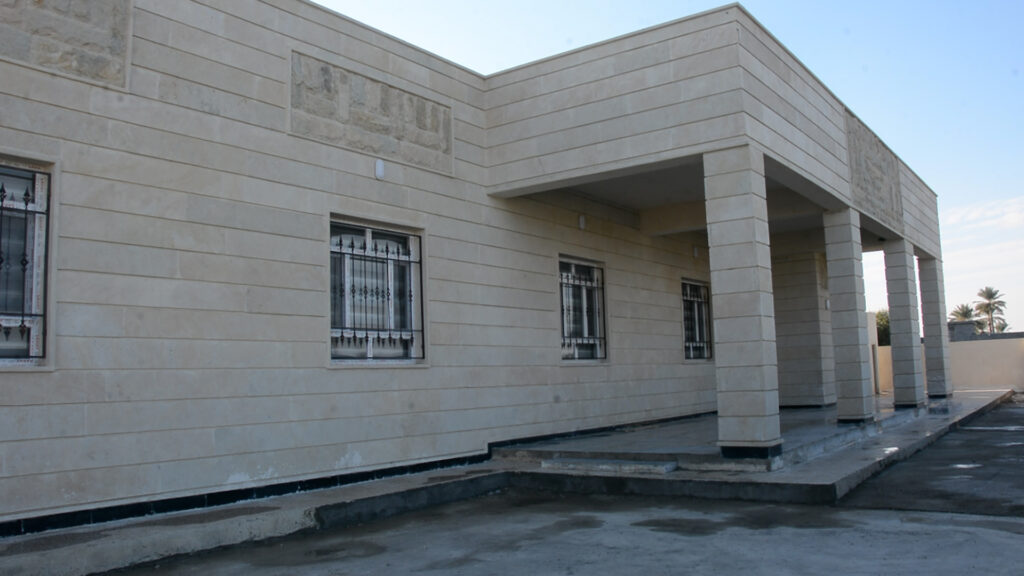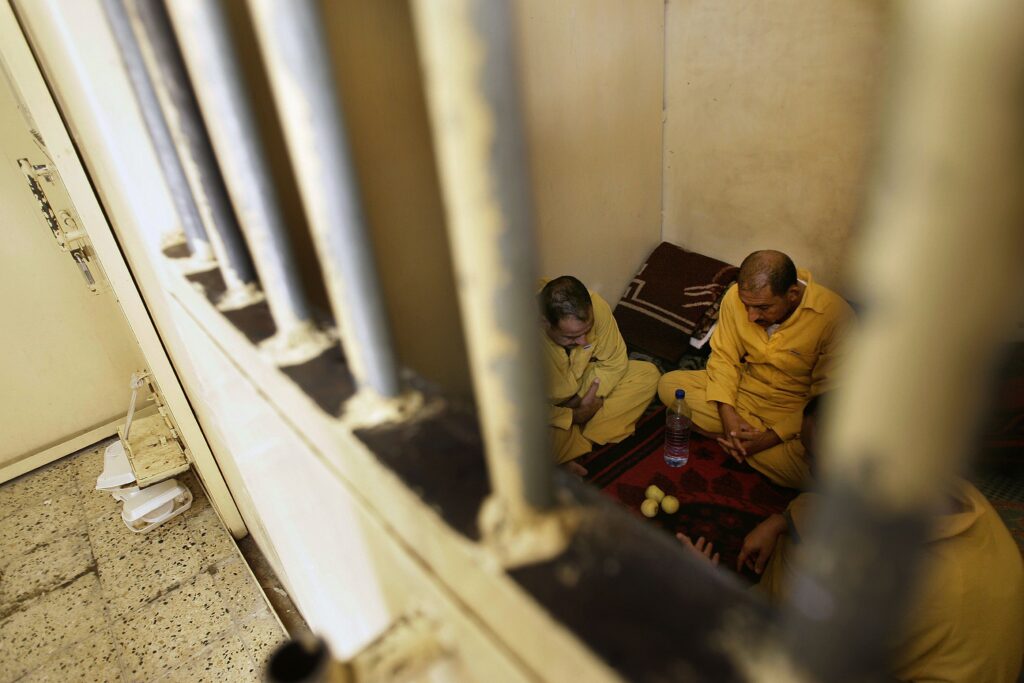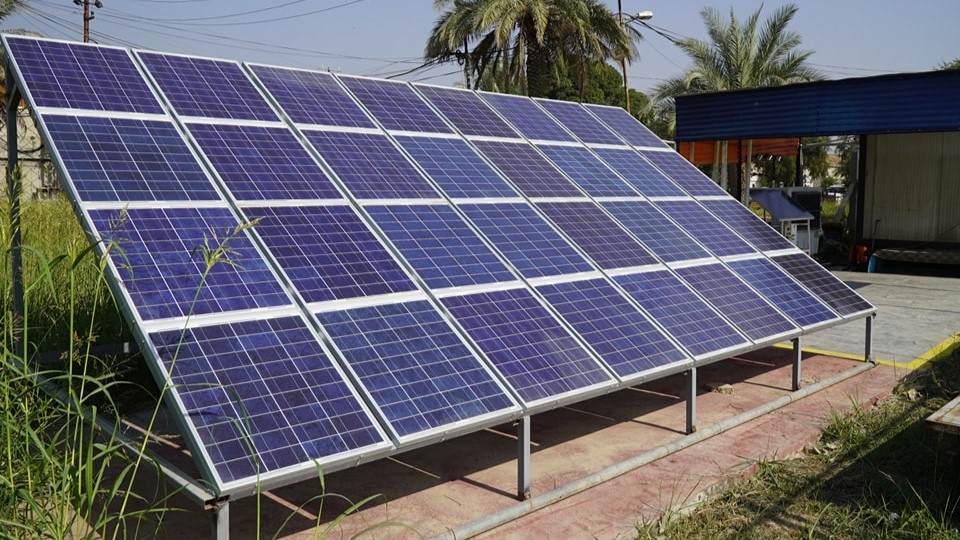Iraq: UNHCR Iraq Protection Update - April 2019
Highlights
? Approximately 1,570 families across Iraq departed from camps, and almost 430 arrived in camps in April 2019. Security concerns, inability to pay rent, lack of livelihood opportunities and basic services continues to be the main drivers of secondary displacement.
? IDPs in camps in Salah al-Din Governorate expressed their concerns of a possible eviction after the deputy mayor’s statement that camps in the Governorate will be closed by the end of July.
? Families with perceived affiliation with extremists continue to be subjected to collective punishment in the forms of prevention of return, denial of civil documentation as well as arrests and detentions.
? 19 Iraqi Yazidis reunified with their families in Duhok Governorate after returning to Iraq from Syria.
? A Memorandum of Understanding was signed between UNHCR and the Ministry of Labour and Social Affairs in the Kurdistan Region of Iraq to strengthen the partnership to include refugees into regional, municipal and urban services.
New and Secondary Displacement
1,568 families departed camps across Iraq during April, while 431 families arrived in camps. Of these, 290 families were in secondary displacement.
IDPs cited various reasons for their secondary displacement. In Anbar Governorate, seven families reportedly moved from Fallujah to Habaniyah Tourist City (HTC) Camp due to their inability to pay rent and lack of livelihood opportunities. In addition, four families originally from AlQaim District moved from Erbil and Baghdad to HTC and Amriyeat Al Falujah (AAF) Camps due to their inability to pay rent and lack of livelihood opportunities. In Erbil Governorate, a majority of the 159 IDP families reached through household assessments were in secondary displacement mainly arriving from Kirkuk, Mosul, Anbar and Ninewa Governorates. The families cited security concerns and lack of employment opportunities as the reasons behind their displacement. In Ninewa Governorate, 25 families of 117 individuals including 16 femaleheaded households, originally from West Mosul, Ba’aj District, Hatra District, Tal Afar District and other parts of the Governorate reportedly returned to East Mosul Camps in the first week of April. The families cited fear of arbitrary detention, financial difficulties, lack of security, damaged housing and infrastructure as the main reasons for returning to the Camp.
Forced Evictions
There were no camp closures reported in April. However, on 16 April, the Deputy Governor of Salah al-Din Governorate informed members of the Governorate Returns Committee that all the camps and complexes in the Governorate should be closed by the end of July and all IDPs would return to their areas of origin. The Deputy Governor requested the Secretary of the Committee to inform all IDPs living in informal settlements in Tikrit District to be ready to return by that date. On 23 April, UNHCR organized a visit to Al Karama Camp in Tikrit District, where IDPs living in the camp (approximately 1,138 families) expressed concerns about rumours of a possible future eviction. The families stated that they are unable to return to their areas of origin due to the destruction of houses, security concerns, and fear of collective punishment due to perceived affiliation with extremists. Other families expressed their willingness to stay in Tikrit District where they have established livelihoods in the city.





